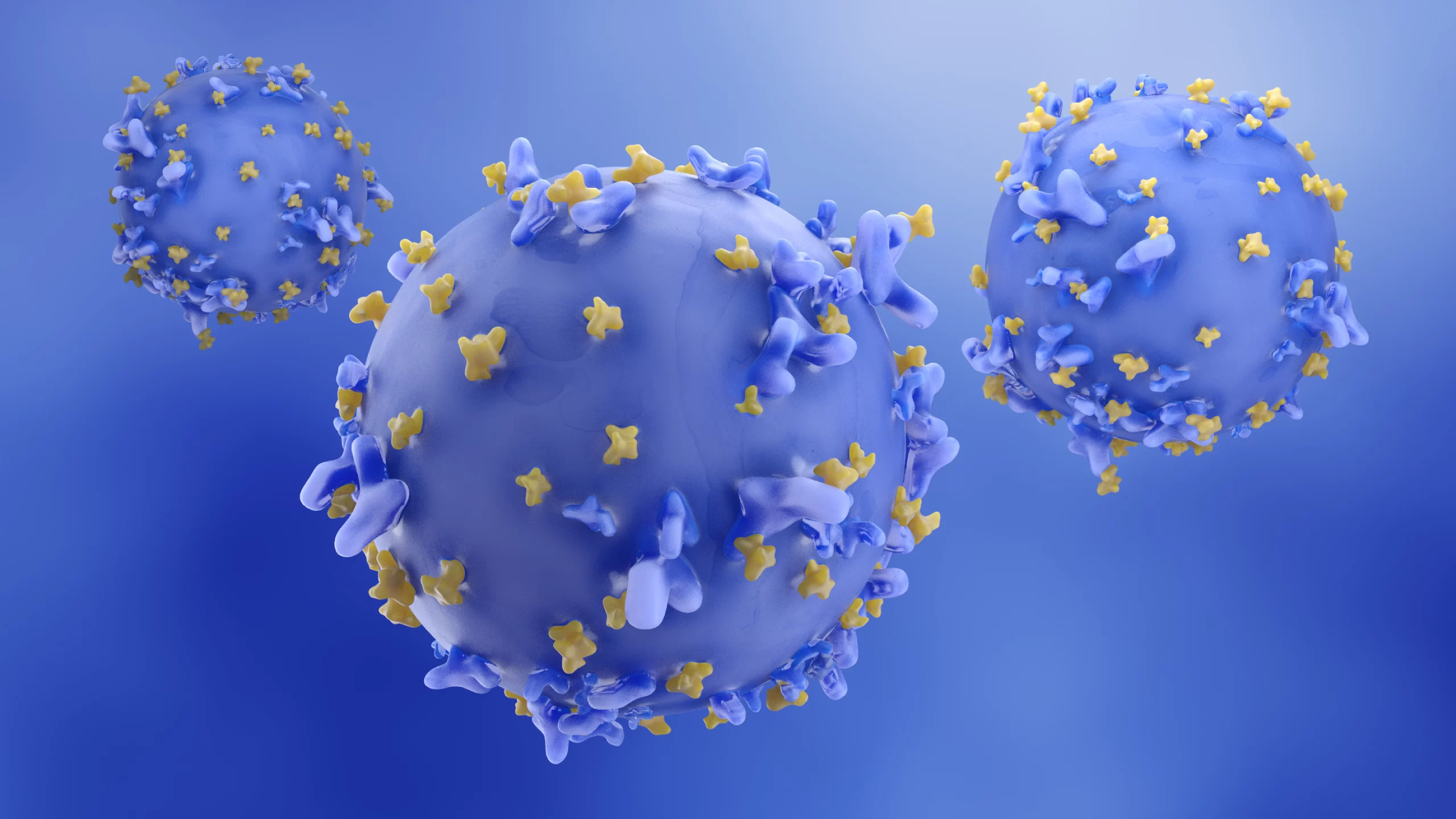Cancer Therapy: Innovations, Challenges, and Hope
The cancer therapy field is constantly evolving, and new drugs are constantly being developed to improve outpatient outcomes. The most promising recent innovations in cancer drugs include targeted therapies, immunotherapies, and personalized treatments.
Targeted therapies are drugs that target specific molecules involved in cancer cell growth and division. This helps to kill cancer cells while sparing healthy cells. Immunotherapies are treatments that harness the immune system’s power to fight cancer. Personalized treatments are tailored to the specific genetic makeup of a patient’s cancer.
In 2022, approximately 2.3 million women were diagnosed with breast cancer globally, tragically resulting in 670,000 fatalities. Shockingly, every 14 seconds, another woman somewhere in the world hears the devastating news of a breast cancer diagnosis.
Each approach has shown great promise in clinical trials and is currently being investigated in many ongoing studies. As more is learned about how to use these new treatments best, it is hoped that even more lives will be saved from cancer.
Cancer Therapy: Supramolecular Drugs
In recent years, cancer drug development has shifted away from small-molecule drugs targeting a single protein to more complex drugs targeting multiple proteins. One promising new class of drugs is supramolecular drugs, composed of multiple small molecules that self-assemble to form a larger complex.
These drugs can be designed to target multiple proteins simultaneously, making them more effective than traditional small-molecule drugs.
One example of a supramolecular drug is a drug composed of two small molecules that self-assemble to form a larger complex. This complex can be designed to target multiple proteins simultaneously, making it more effective than traditional small-molecule drugs.
Another example of a supramolecular drug is a drug composed of multiple small molecules that self-assemble to form a larger complex. This complex can simultaneously target various proteins, making it more effective than traditional small-molecule drugs. Researchers can potentially revolutionize its treatment by specifically designing supramolecular drugs to target the proteins responsible for cancer cell growth and proliferation. Additionally, supramolecular drugs can be designed to selectively kill cancer cells while sparing healthy cells, making them more effective and less toxic than traditional cancer drugs
Combination Therapy
Cancer cells can develop resistance to drugs used to treat them. This resistance can make cancer harder to treat and lead to cancer returning. One way to overcome drug resistance is to use a combination of drugs. This means using more than one drug at the same time.
The drugs can be given together or one after the other. Combination therapy can treat it that has come back after treatment (relapsed) or cancer that has not responded to treatment (refractory).
The drugs used in combination therapy can be:
- Chemotherapy drugs
- Hormone therapy drugs
- Targeted therapy drugs
- Immunotherapy drug
Combination therapy is often used in clinical trials. This is because it is only sometimes known if a combination of drugs is more effective than just one drug.
Overall, the future of oncology looks very promising. Also, new treatments are being developed, and the survival rates for many cancer patients are increasing. Moreover, there are many exciting new developments in oncology, including:
- Immunotherapy: This treatment uses the body’s immune system to fight the disease. It is very effective for some types of cancer, such as melanoma.
- Targeted Therapies: These treatments target specific genes or proteins involved in cancer growth. They are often more effective and have fewer side effects than traditional chemotherapy.
- Precision Medicine: This is a new approach to treatment tailored to each patient. It takes into account the unique genetics of each person’s cancer.
- Cancer Vaccines: These are vaccines that are designed to prevent the disease. They are being developed for a variety of different types of cancer.
The future of oncology is very exciting, and many new and innovative treatments are constantly being developed.
The report covers the following:
- Novel Targets
- Biological Therapy
- Combination Therapy
- Targeted Drug Delivery
- Radiation Therapy
- Major Players And Clinical Trial Information
- Approved Drugs In 2020-2022
Let's Take the Conversation Forward
Reach out to Stellarix experts for tailored solutions to streamline your operations and achieve
measurable business excellence.



